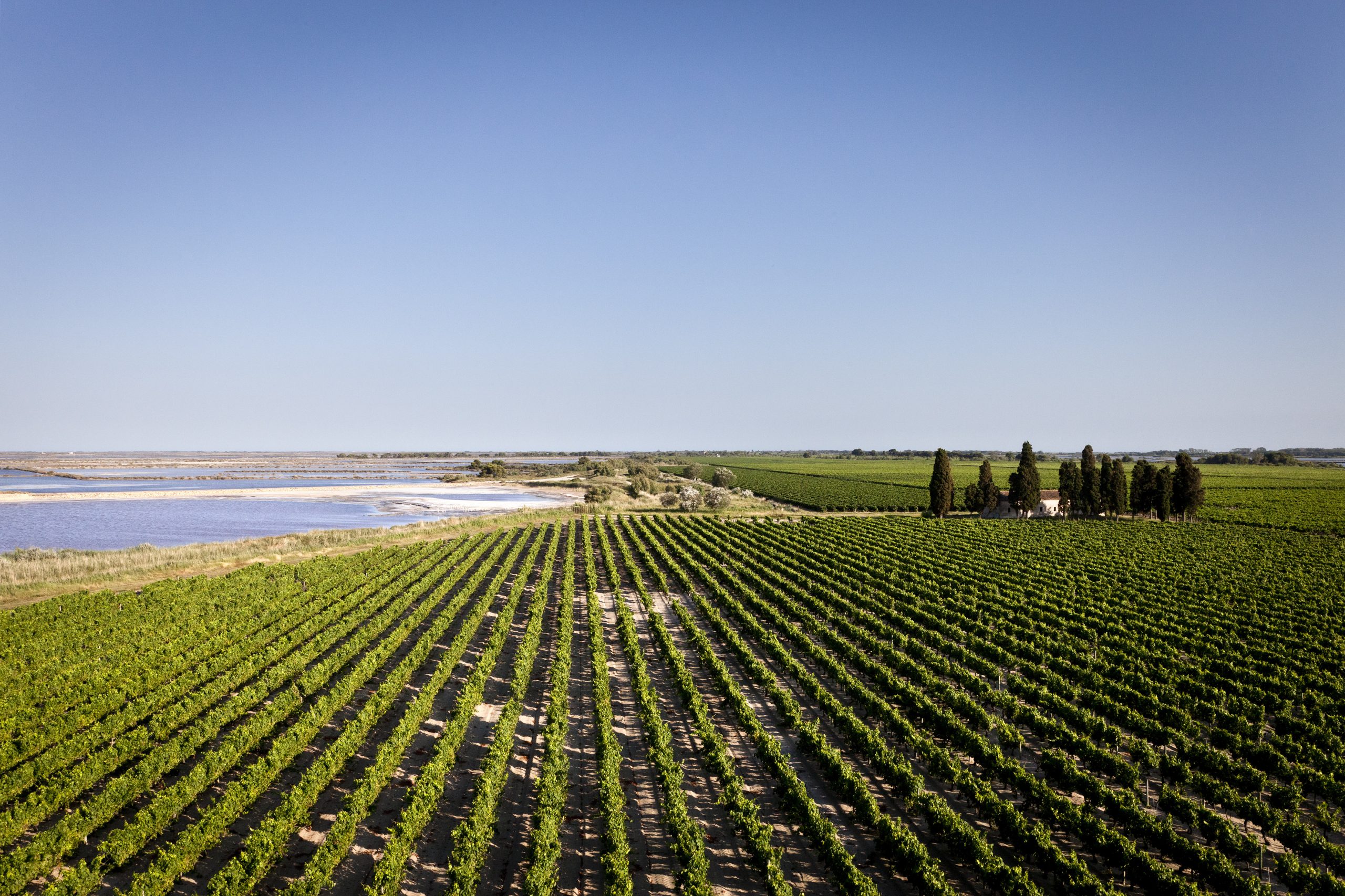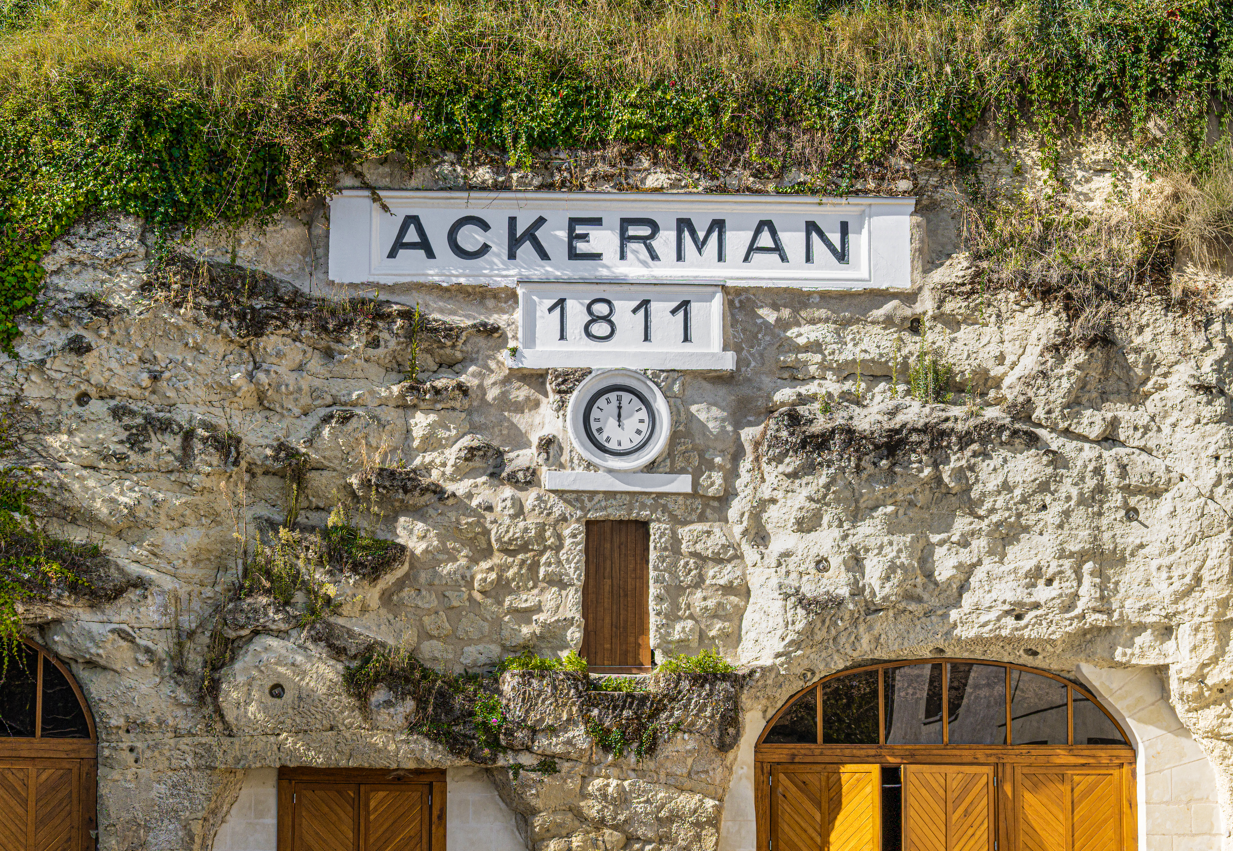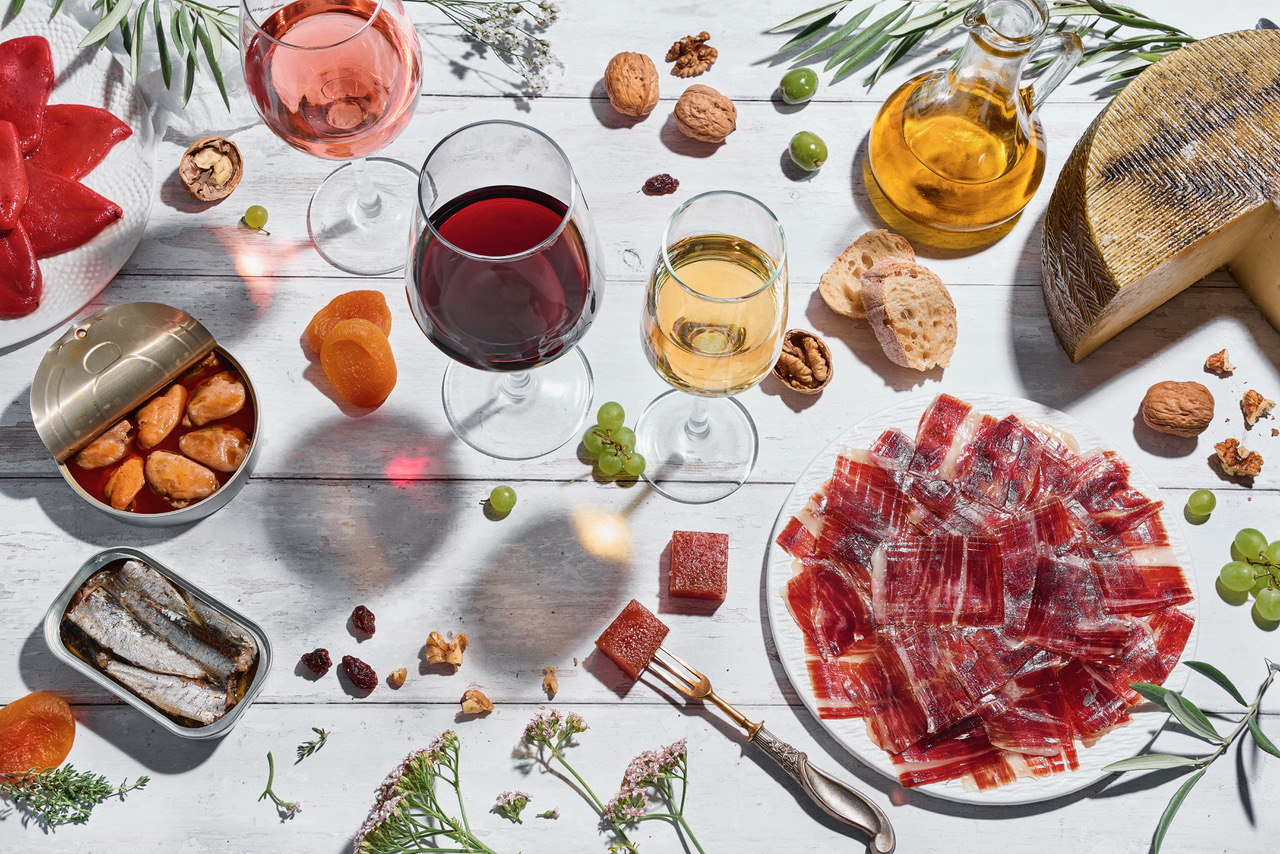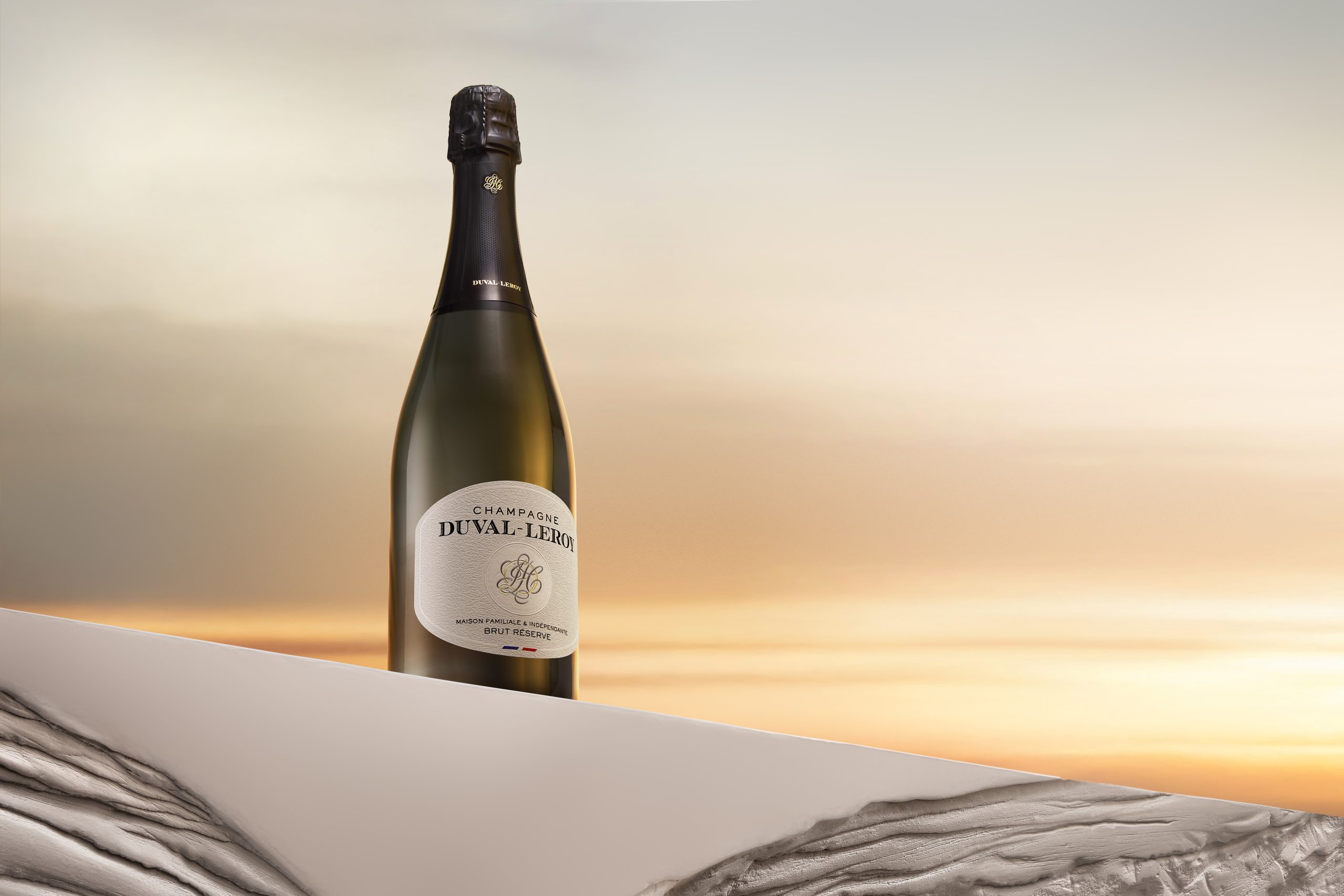Alcohol duty hike will exacerbate ‘inflationary misery’, WSTA says
The Wine and Spirits Trade Association (WSTA) has urged the Government to rethink the “crippling duty hikes” due to come into effect on 1 August, warning that alcohol tax rises will further worsen inflation and threaten the survival of UK wine and spirits businesses.
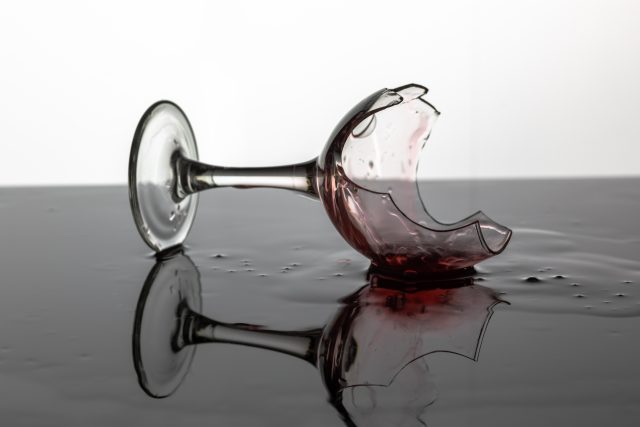
Duty hikes first proposed by Rishi Sunak during his time as UK Chancellor are due to come into effect on 1 August after a longstanding freeze on alcohol tax rises.
From August all alcohol will be taxed by strength, meaning higher ABV drinks will be taxed more heavily, leading to price rises for 90% of wines sold in the UK, the WSTA has said.
Miles Beale, chief executive of the WSTA, has stressed that it is “not too late to scrap these crippling duty hikes”, which make up the biggest single alcohol duty increase in almost 50 years.
“We are careering towards an extremely tough period for wine and spirit businesses with tax hikes and other costs, including a prolonged cost of living crisis for their consumers, persistently high inflation – especially for food and drink — and rocketing prices for glass, leaving little room for many businesses to turn a profit. Inevitably some won’t be able to stay afloat, with SMEs most at risk,” he said. “Amongst all this pressure the Government has chosen to impose more inflationary misery on consumers on 1 August.”
Vodka (37.5% ABV, 750ml) is set to see a 10% rise in cost following the duty changes. The Government’s duty rises will also have the biggest impact on fortified wines, including Sherry and Port, which will see duty rise by 44% (+VAT), adding around £1.50 to a bottle.
Partner Content
However, pre-mixed gin and tonics (5% ABV, 250ml) will drop in price by 14%, a difference of £0.05, according to the WSTA.
Beale has accused the new duty regime of discriminating against premium spirits and wine more than other products. “Wine from hotter countries – like new trade deal partner Australia – will be penalised most of all, because the grapes grown in hotter climates naturally produce higher alcohol wines. And, at the same time, you cannot reduce alcohol in wine like you can for some other products. Making wine isn’t an industrial process; reducing wine’s alcoholic content is limited, changes the product and is costly to carry out. Nor can the alcohol in full strength spirits be reduced for products such as gin, vodka and whisky where a minimum strength prescribed by law.
“In the end the Sunak-Hunt changes to wine duty will reduce consumer choice and push up prices. For spirits you can expect at least a £1 increase on a bottle of gin or vodka and a leap of £1 per bottle of wine when duty is increased by 20% (+VAT).
“Wine and spirit businesses are looking to find ways to keep their products affordable, but there is no quick fix, and there are too many tax and costs increases and too few options – especially for wine and full strength premium spirits where reducing ABV simply isn’t realistic.”
Sir Graham Brady, chair of the 1922 committee and chair of the All-Party Parliamentary Group (APPG) for Wine and Spirits, warned that Britain’s “position as a global hub for the wine trade” must not be “taken for granted”. He called the new duty increases “self-inflicted damage to the sector, creating significant bureaucratic challenges for SMEs”, and warned of “the potential for job losses and increased cost to the consumers”.
Related news
The highlights of the hors Bordeaux 2026 Spring collection
Santiago Marone Cinzano: 'my generation wants wines that are ready to drink'
Raise a glass to Cabernet excellence: enter The Global Cabernet Sauvignon Masters 2026

